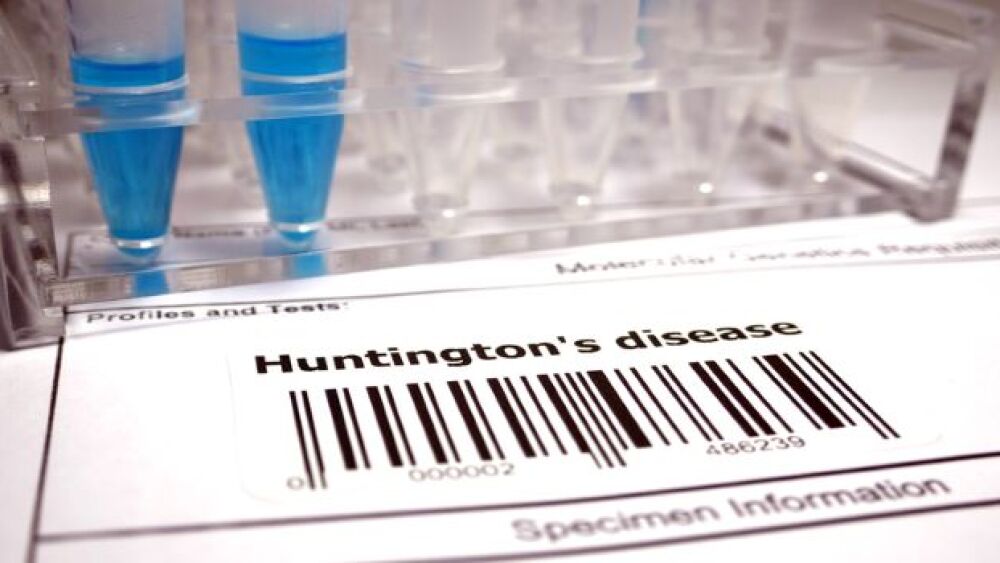bit.bio announced Monday that it has launched its Huntington’s Disease (HD) cell model to accelerate drug discovery and screening for patients with the disease.
bit.bio announced Monday that it launched its Huntington’s Disease (HD) cell model to accelerate drug discovery and screening for patients with the disease.
Huntington’s Disease is a fatal genetic disorder that impacts an estimated 41,000 Americans. The disease is neurodegenerative, due to an error in a gene called huntingtin, which causes brain damage by forming aggregate protein clumps in brain cells.
Symptoms of the disease are progressive and include personality changes, forgetfulness, unsteady gait, involuntary movements and difficulty swallowing. There are currently no approved treatments to prevent the disease’s progression, although new treatments are being studied.
Synthetic biology company bit.bio is hoping to make research and development progress easier for those working on therapeutics for HD. The company launched its ioGlutamatergic Neurons HTT50CAG/WT cells as a first-of-its-kind disease model that accurately reflects the genetics of HD. The cells are neurons that carry the disease-relevant 50 CAG trinucleotide repeat expansion associated with HD.
bit.bio’s innovation introduces a consistent, scalable model that replicates the disease in vitro. Using both the modified cells which replicate HD and wild type cells that do not possess the mutation will allow the life sciences community to study the effects of novel treatments in a disease-relevant system with a genetically matched control which can help to identify and investigate the effects of the CAG trinucleotide repeat expansion. Previously, it has been difficult for scientists to engineer HD mutated cells to study.
“bit.bio’s mission is coding cells for novel cures. The launch of our Huntington’s disease model provides the industry with an advanced cellular tool to support the study of a devastating condition with high unmet clinical needs. Our opti-ox technology allows the development of consistent and scalable biological standards that can support the evolution of a new generation of medicines. It adds depth to our broadening R&D cell type product pipeline, each product will transition to its own product line,” CEO and founder of bit.bio Mark Kotter said in a statement.
The neurons offered commercially by bit.bio are reprogrammed from human induced pluripotent stem cells (iPSCs) using its reprogramming technology opti-ox, a gene engineering approach that enables unlimited batches of any human cell to be manufactured through reprogramming of stem cells.
CRISPR/Cas9 gene editing is used to introduce the genetic mutation to iPSCs creating mature, functional glutamatergic neurons that provide a high-quality human model of HD. The cells can be used to investigate new therapeutics and to address gaps in research. The method of creating the cells can be industrially scaled within days.
In November 2021, bit.bio raised $103 million in Series B financing to accelerate the clinical development of opti-ox. The company has previously launched three products for research and development including wild-type glutamatergic neurons, skeletal myocytes and GABAergic neurons all of which can be used to help study functionality and certain disorders.
The company plans to continue developing cells that model diseases that need a boost in drug discovery and development.





